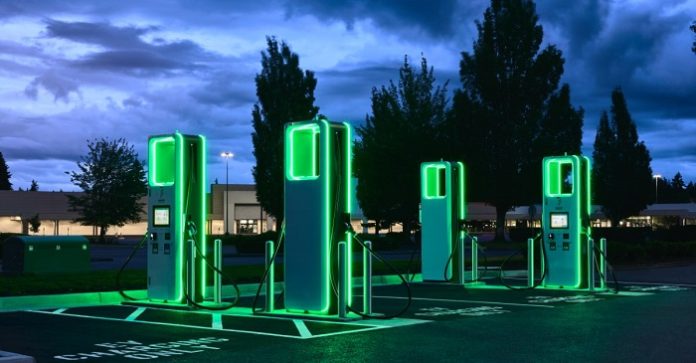For those considering installing EV chargers — or those who’ve already decided on doing so and just want to double-check their math — it’s important to have some idea of what this maintenance could entail, and the costs that could come with it. To that end, we’ve drafted a short article that’ll give you a primer on the regular, day-to-day costs of owning an EV charger.
Every Situation Has Its Quirks
Before we start, a caveat: It’s impossible to give a concrete, blow-by-blow outline of everything you’ll need to maintain your EV charger, simply because different environments, laws and chargers will require different kinds of service. A humid area, for instance, or one with frequent freezing, could cause problems with the electronics, necessitating more frequent replacement of vulnerable parts. As such, it’s important to talk to other business owners in your area and see if there are any regular problems they deal with that could be mirrored in your EV charger. Once you’ve got a list going, call your preferred EV charger provider and ask how this might impact maintenance.
The Higher the Level, the More Maintenance
The U.S. Department of Energy has, lucky for us, released guidelines and recommendations on EV charger maintenance. One takeaway from these guidelines is that level 3 fast chargers, or DCFCs, require more regular maintenance, due to the use of components like cooling systems and superchargers. Many of these will require a specialist to properly manage, and that must be budgeted accordingly.
Level 1 and 2 chargers are much simpler. While you will need to replace the electrical outlet every few years (which costs around $100) and keep an eye on damage to the charging wire (replacing it if need be), the rest of the maintenance tasks are fairly simple: Keep an eye out for vandalism/misuse, examine all components for damage on a regular basis, keep the unit clean (use a mild detergent, nothing too harsh!) and never open it up without de-energizing. Note that if you are a property or business owner, this regular cleaning and status checking will require a small investment of time from you or your employees, which you should account for according to any hourly wage scales in play.
In any case, both the U.S. Department of Energy and industry experts recommend budgeting around $400 per charging station, per year, for upkeep.
Energy Use
The most complex factor affecting day-to-day usage costs for an EV charger is the cost of electricity. Again, this can vary wildly according to region and situation. And it varies wildly according to the level of charger and how many people are using it. A simple way to think of it, however, is that the higher the level of charger, the greater the potential cost ceiling for energy usage.
With that in mind, two factors come into play when calculating energy costs: demand charges and pricing. The former is a topic we’ve discussed here before: In short, it’s a surcharge added to your electric bill based on the highest amount of electricity consumed in a limited time period, which can be anything from 15 minutes to a day. A faster charger can impact demand charges by greatly increasing the amount of energy consumed in a short amount of time.
The latter is up to you. If you don’t charge for usage of your charger, you’ll be paying for the energy that it provides to drivers. This is perfectly fine in a small household, but for a business with multiple people coming through each day, it could be untenable.
The Wildcard: Incentives
In either case, there’s one more thing that could affect the day-to-day costs of owning an EV charger: government incentives. These can affect anything from your energy bill to your taxes, but in any case, they help put some money back in your pocket for the service of helping to encourage a transition away from fossil fuels. It’s important to look at what options might be available to you and take full advantage of them.









